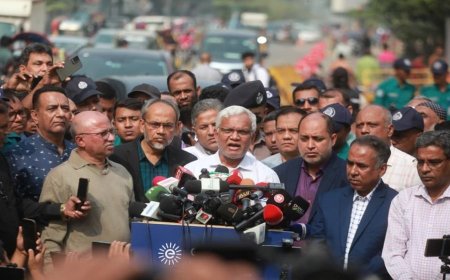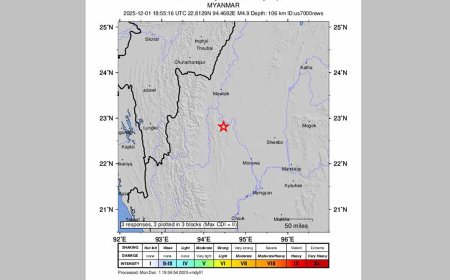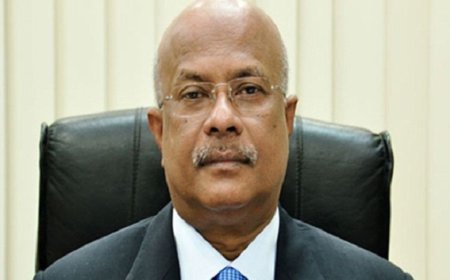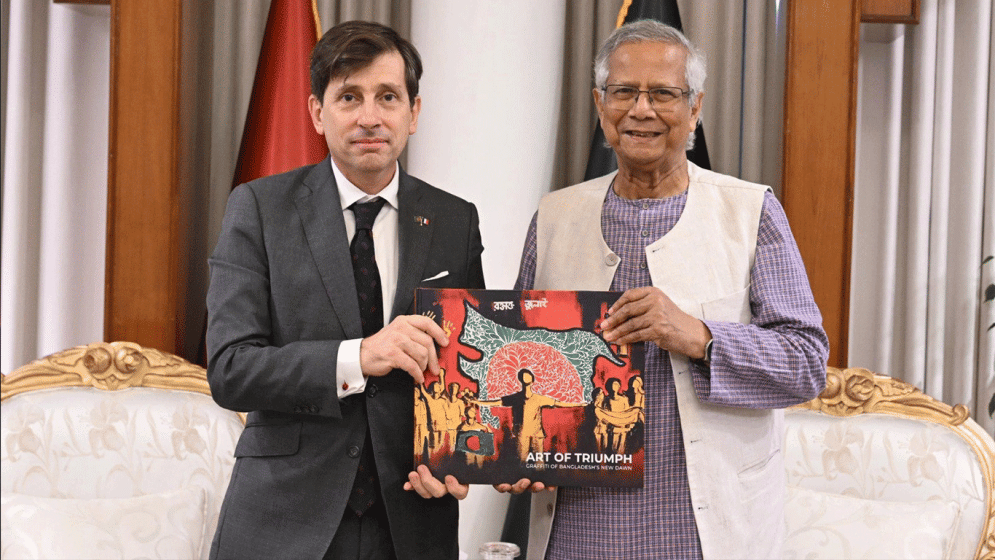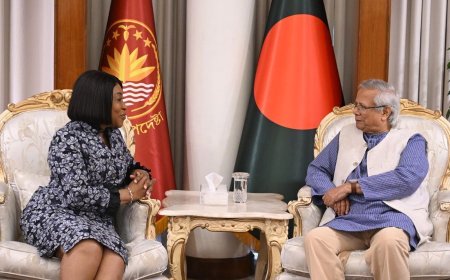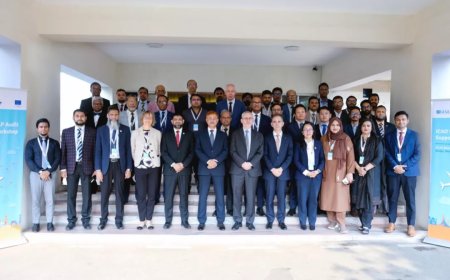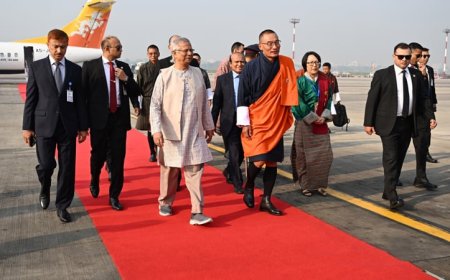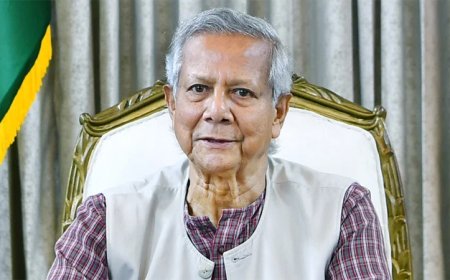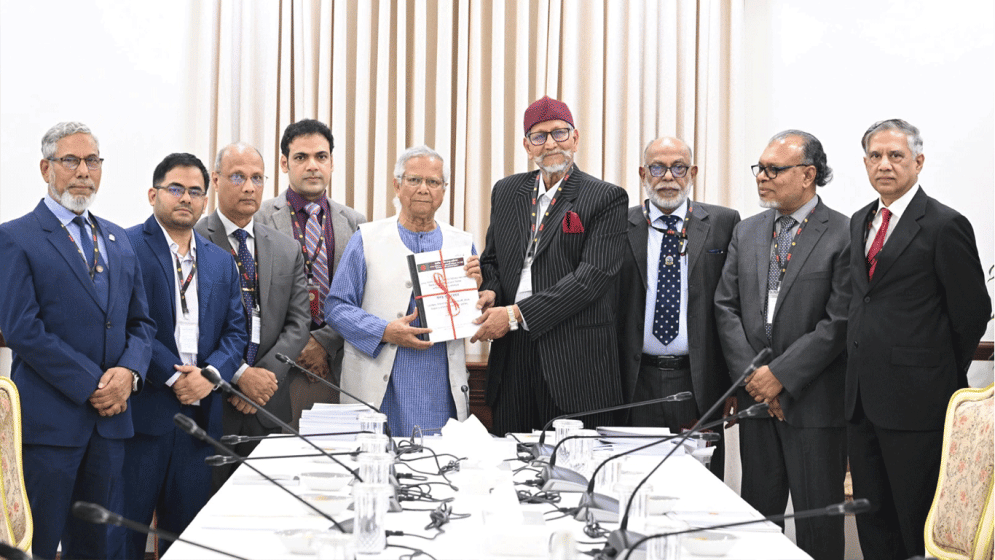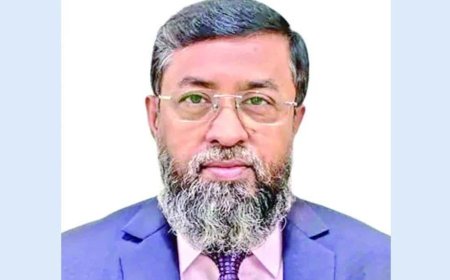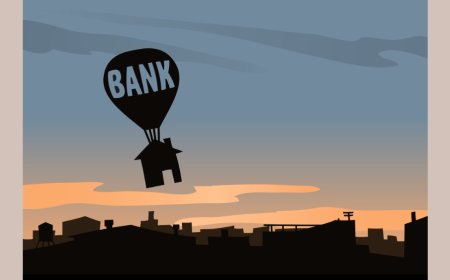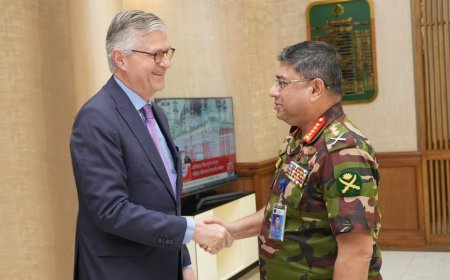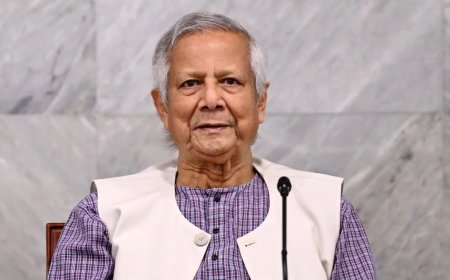July Atrocities: Former NTMC Chief's Lawyers Question ICT's Jurisdiction
Ruling on Petition to be Issued Tomorrow
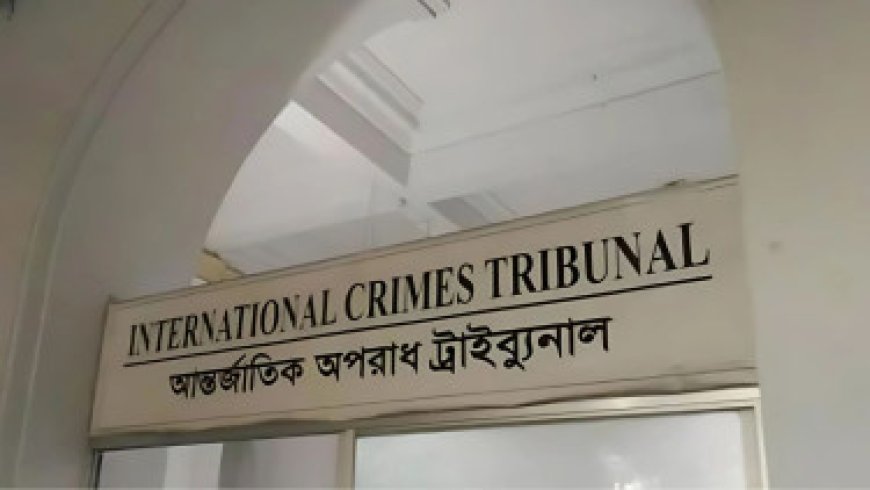
Defense lawyers for Ziaul Ahsan, the dismissed army major general accused of crimes against humanity at the International Crimes Tribunal (ICT), have challenged the tribunal’s jurisdiction over the atrocities committed during the July uprising. They called for the acquittal of the former head of the National Telecommunication Monitoring Centre (NTMC). The defense team, which includes Ahsan's sister, Naznin Nahar, and senior lawyer M.I. Farooqui, filed a petition questioning the tribunal's judicial authority.
The three-judge bench, led by Justice Golam Mortuza Majumdar, conducted an extended hearing on the matter and scheduled January 22 for a ruling on the petition. Both sides’ lawyers addressed the media after the hearing. Naznin argued that the ICT was created in 1973 to prosecute war criminals as outlined in Article 150 of the constitution, specifically for crimes committed during the 1971 Liberation War. She emphasized that the tribunal is now handling cases related to the July-August events, which she contended were part of a political conflict, not a war. Therefore, she argued, the tribunal lacks authority to hear such cases.
She also asserted that the High Court judges currently sitting on the tribunal should remain there, as they do not possess jurisdiction over this tribunal's matters.
Chief Prosecutor Muhammad Tajul Islam countered that the primary defense argument was the tribunal’s lack of jurisdiction over crimes against humanity because no war occurred in Bangladesh during the July-August period. He also addressed the defense’s claim that the amendment that established the tribunal was invalid, asserting that the government had no power to enact such amendments. Additionally, the defense contested the addition of enforced disappearance as a crime within the tribunal’s scope, calling it unconstitutional and seeking Ahsan's acquittal.
The prosecutor responded by stating that any challenge to the tribunal's legitimacy should be raised before the constitutional court, not the tribunal itself. He described the defense's move to question the constitutionality of the court before the court as unprecedented.
Citing Articles 47(3) and 47(A) of the constitution, Tajul Islam pointed out that individuals accused of crimes against humanity, genocide, and war crimes forfeit their fundamental rights and cannot file writ petitions. He emphasized that laws conflicting with these constitutional provisions would be rendered invalid. As a result, he argued that the defense’s claims were untenable.
Tajul Islam concluded by suggesting that the defense's petition was likely intended to attract media attention and stir controversy. He urged the tribunal to impose exemplary punishment and fines on Ahsan’s lawyers and to reject the petition.
Meanwhile, the ICT had previously sent Tanzil Ahmed, former assistant commissioner of Dhaka Metropolitan Police, and Akram Hossain, a former constable, to jail after arresting them in a case related to crimes against humanity in connection with the July-August crackdown on the student-led uprising.
What's Your Reaction?







